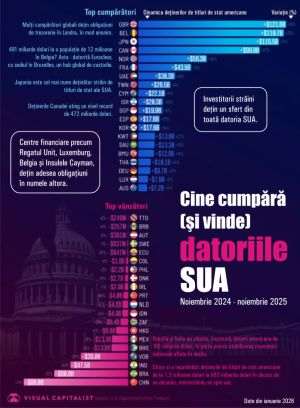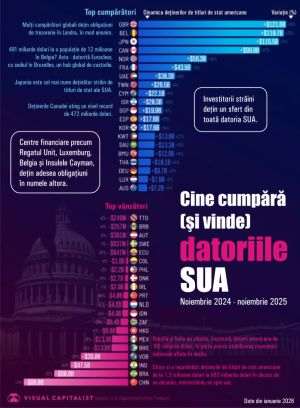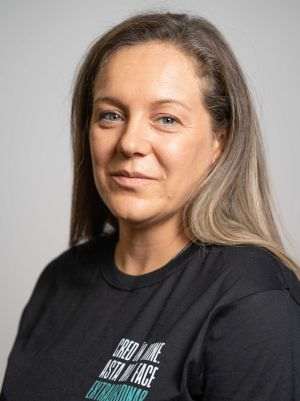Turkish companies have benefited from amounts allocated from the European Horizon 2020 program, amounts that have also indirectly reached the Chinese partners of companies in Turkey, according to a journalistic investigation published yesterday by the website Follow The Money.
The cited source states that the streets of Istanbul have been covered with high-performance surveillance cameras, through which the Turkish police use facial recognition to suppress peaceful protests and that all this technology is financed directly or indirectly from European funds. The journalistic investigation published by Follow The Money mentions the case of Netaş, a Turkish technology company controlled 48% by the Chinese giant ZTE, as the perfect example of how European money can end up, in a strange and dangerous way, reinforcing exactly what the EU claims to combat: intrusive surveillance, foreign interference and the erosion of fundamental rights.
In Turkey, everything happens at a speed that is hard to imagine. Within hours of participating in a peaceful protest, young people find themselves with the police rushing into their lives at dawn. And the source cited presents the case of a young man named Emre who was arrested following a protest and imprisoned for ten days in Marmare prison. The reason? A video frame, an angle captured by a camera, an image in which he was simply standing in the crowd. Nothing violent, nothing illegal, just the simple presence at an opposition rally has become enough for arrest, detention, endless trials. These images, often provided by high-performance cameras, connected to state-of-the-art servers, have become "evidence” in the hands of the Turkish police. Basically, the authoritarian system recognizes you, extracts you from the anonymity of the crowd and turns you into a criminal file.
What is shocking, however, is not just the scale of surveillance in Turkey, but the way in which the technology behind it is financed. The source cited shows that Netaş, a company that supplies servers essential to the police's facial recognition network, appears in the European Commission's registers as a "key innovator", although the majority shareholder, the Chinese company ZTE, is officially classified as a "high-risk" supplier for European security. And yet Netaş has received hundreds of thousands of euros over the years through programs such as Horizon 2020 and continues, through various mechanisms and consortia, to indirectly benefit from European money.
The same source cited states that, in parallel, other Turkish companies well connected to the state, such as Aselsan and Havelsan, receive European funding while developing surveillance tools, facial recognition body-cams and urban control systems used by the authorities in repressive operations.
It is a paradox that raises serious questions about the integrity of EU mechanisms. While Brussels classifies ZTE as a major risk, while the European Parliament demands strict checks on Chinese companies involved in critical infrastructure, at the same time programs generously funded by European taxpayers end up supporting the very technology that the EU considers a threat.
The lack of coherence and control displeases European parliamentarians and digital rights experts, as well as representatives of civil liberties NGOs contacted by the cited source, who sounded the following alarm bell: The European Commission does not sufficiently monitor the real destination of the money, nor the political and moral implications of the funded projects. There are no solid guarantees that European research is not diverted to aggressive surveillance technology, used in countries where the rule of law is collapsing.
And the reality in Turkey leaves no room for interpretation: peaceful protests tracked in real time, automatic identifications, lightning arrests, files built exclusively on images extracted from video streams. Lawyers warn that these practices not only violate fundamental freedoms, but also degrade the very notion of justice. However, Ankara is pushing the project even further: 13,000 new facial recognition cameras, the integration of all public and private cameras into a single network, mandatory body-cams with AI for police officers by the end of 2025. Total surveillance is no longer a dystopian scenario, but a technological project financed, in part, by European money.
For Europe, the stakes are huge. Research funding becomes vulnerable to the strategic influences of authoritarian regimes, while the lack of internal oversight risks compromising the EU's credibility in defending human rights. When Brussels pumps funds into states and companies that repress freedom of expression, destroy young lives and turn video cameras into tools of political control, the message becomes absurd: the EU funds what it condemns.
Europe claims to defend the fundamentals values. Turkey demonstrates, with the technological support of the EU, how easily they can be betrayed.












































